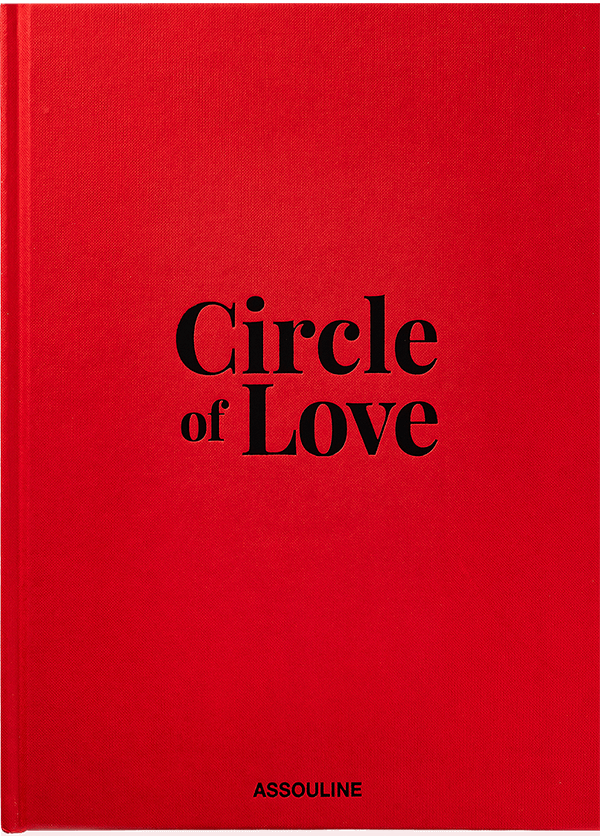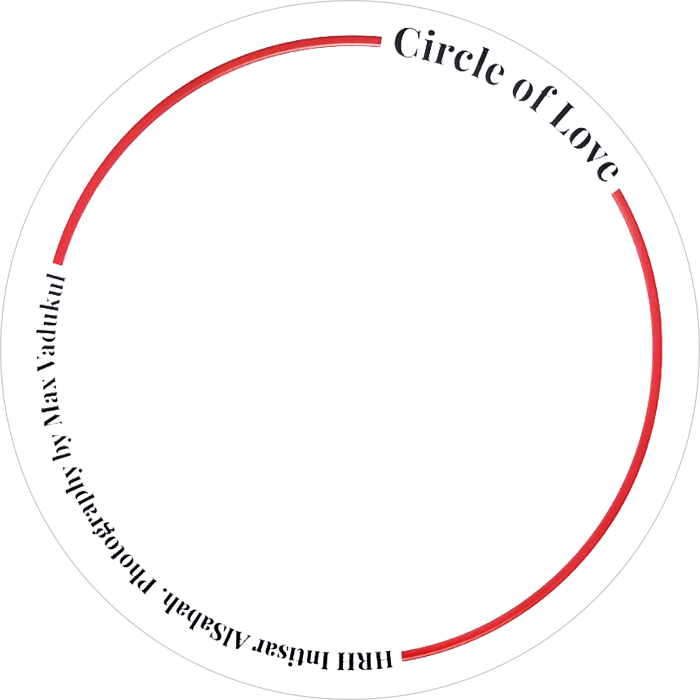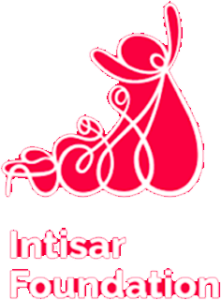X


The consequences of the COVID-19 pandemic are severely impacting the mental health of refugees in the Arab world. Lockdowns around the world have limited the daily lives of billions around the planet. Since mid-March, Lebanon and Jordan have had near-total quarantine periods, altering the lives of residents and refugees. While much of the world struggles to make sense of the increased levels of anxiety and fear over health concerns and financial loss, the situation for refugees has become especially worrying. Many refugee families depend on daily wages as a main source of income in Lebanon and Jordan. The already overpopulated and heaving houses are now even more crowded as children stay home and work is halter. Daily activities, like shopping, errands or community support have almost completely stopped. Pre-existing psychological distress has been exacerbated in light of these obstacles.
As reports of domestic violence in the region have soared since lockdown started and the UN warns of an impending mental health crisis rising tensions have manifested in many forms.
“I worry about my children, who are too young to understand why this is happening but can feel all the negativity associated with it”, says Noor, mother of 3 in Shatila camp. “Ever since the quarantine started, I have been working 9 to 5 online and helping my two children finish their online classes and homework. The stress is incredible. And we do not know when it will end.” Said Amal when asked about the stresses of the COVID-19 pandemic.
The UNHCR has stressed the importance of prioritizing mental health support for refugees as a part of the response plan for the pandemic. The fallout from the pandemic and quarantine can be devastating to many refugee and disadvantaged families, who already suffer from social and financial difficulties in normal daily life. This situation has caused increased reports of mental health issues caused by social distancing measures, loss of income and uncertainty.
Intisar Foundation guaranteed the ongoing psychological help and support to women affected by war through awareness campaigns of drama therapy exercises on social media, as well as through direct individual approaches. Exercises of Drama Therapy have been designed and targeted to our one million Arab women as a replaceable tool in practicing at homes. “We can’t thank enough Intisar Foundation for its support and help even during the lockdown at homes. We need to feel that someone is looking there for us, and the foundation never left us alone,” said Fatima, one of our one million Arab women of peace in the Arab world.
A campaign under Intisar Foundation has been directed on social media #WithYouDuringCovid19 #معكم-خلال-الأزمة in efforts to stand by women mentally and psychologically, ensuring the continuous therapeutic work that didn’t stop. In addressing mental health support, we shifted our fieldwork sessions to online sessions of drama therapy due to the absence of visiting refugee camps because of coronavirus in Lebanon and Jordan. Knowing the drastic need behind mental and psychological support.
“Even while communicating and seeing you through the phone, the impact of Drama Therapy is playing a huge part in our lives and it is helping us in achieving peace from within. No matter the struggles and pressure we live on day to day basis, we wait for the online drama therapy sessions with Intisar Foundation now,” said Rawaa, one of our one million Arab women of peace in the Arab world.
The online sessions were a challenge to adapt beyond the technological and technical obstacles we faced as a foundation. “The key challenge was ensuring that people stayed engaged and stayed connected on using the virtual platforms,” said a UNDP representative, Lykke Andersen. It wasn’t easy to adapt to new strategies online in ensuring the safety net of mental health support to our women affected by war so quickly and abruptly. We are adapting to the new change of working with our women to help them overcome the pressure and stress when faced with these uncertain timing of Covid19.
“The world is going through one of the most challenging times ever. Fears are coming up. Life is not the same. At these times we need support more than ever,” said the Founder of Intisar Foundation, HH Sheikha Intisar AlSabah.

Officially registered as a humanitarian organisation with the Charity Commission for England and Wales in 2019, Intisar Foundation is the first charitable organisation in the Middle East dedicated to providing psychological support programmes of drama therapy to Arab women affected by the brutality of war and violence.
Intisar Foundation
McCarthy Denning, Suite 102,
70 Mark Lane, London, EC3R 7NQ
UK Registration Charity Number: 1182384
Leave a Reply